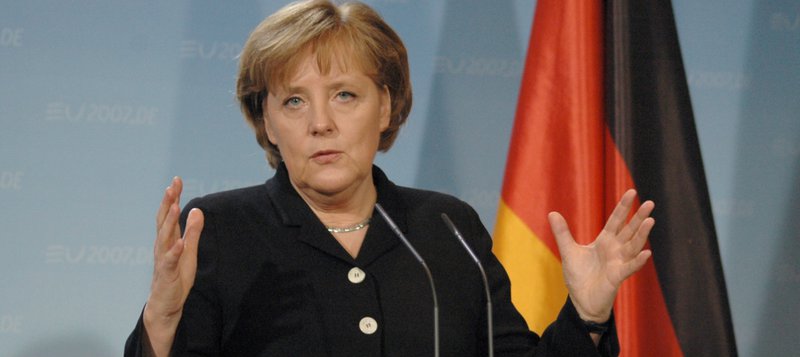
July 27, 2016
Yascha Mounk wrote for Foreign Policy about the end of German exceptionalism:
Germany was supposed to be the exception to the dystopian future depicted in Michel Houellebecq’s Submission. Set in the France of 2022, the novel imagines a presidential campaign in which established parties have lost the electorate and the far-right is about to conquer the Élysée Palace. Terrorist violence is bloodying the streets, with fascists battling Salafists at every corner, and an Islamist politician ultimately emerging as the last bulwark against an authoritarian takeover. Shortly before its publication, Submission seemed like an outrageous provocation far removed from reality. Since going on sale on Jan. 7, 2015, the day when masked gunmen stormed the offices of Charlie Hebdo, killing most of its editors because they dared to depict the Prophet Muhammad, it has seemed anything but.
Today, the continent’s economy is in crisis, right-wing populists are in the ascent from Athens to Oslo, and Britain is hurtling towards a chaotic departure from the European Union. Amid all this, Germany has seemed the Continent’s last bastion of stability. The country’s export-oriented businesses are in strong shape, centrist politicians control the reins of government, and most voters seem to have retained their hard-won aversion to political experiments.